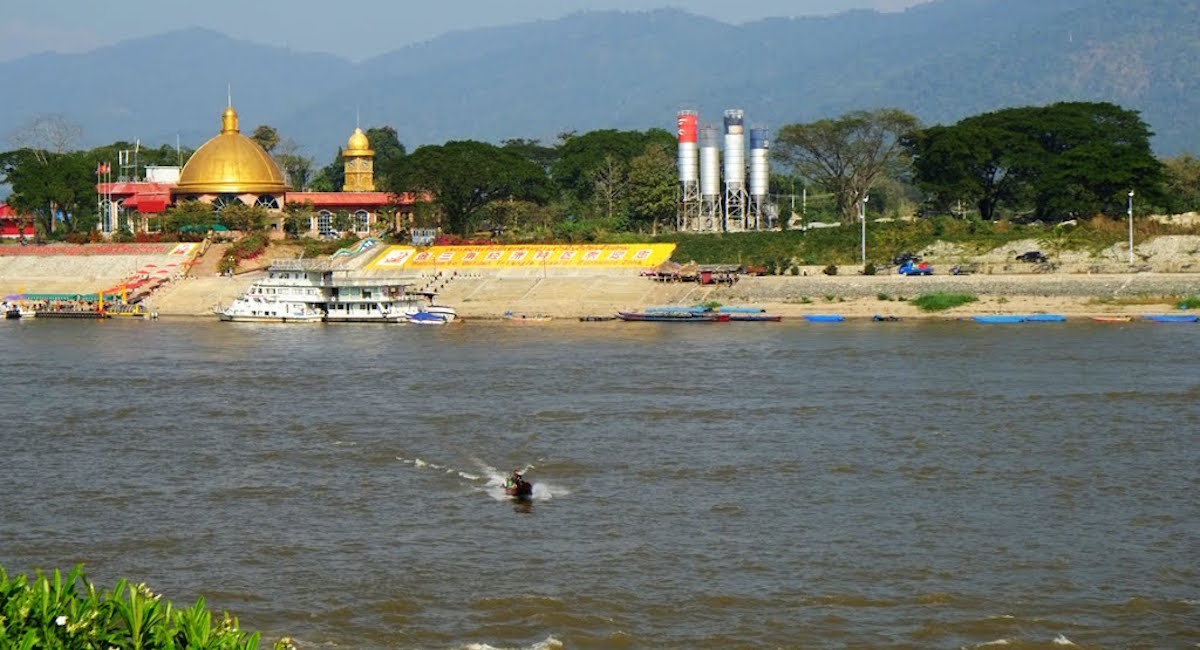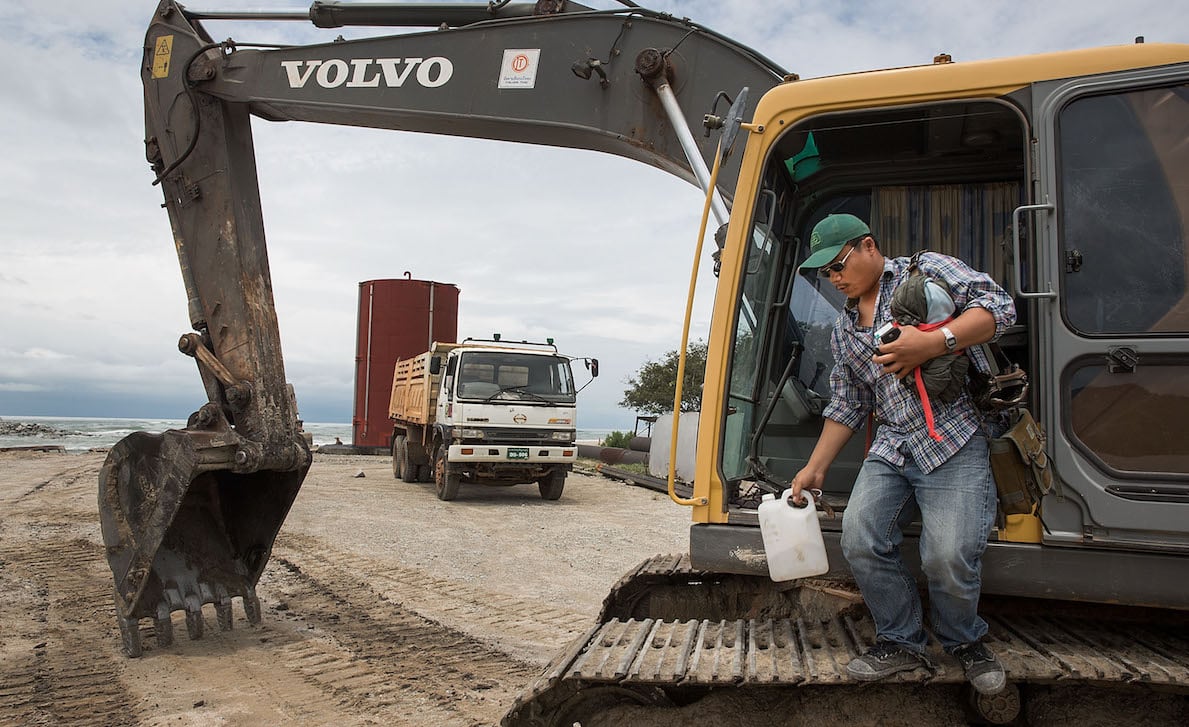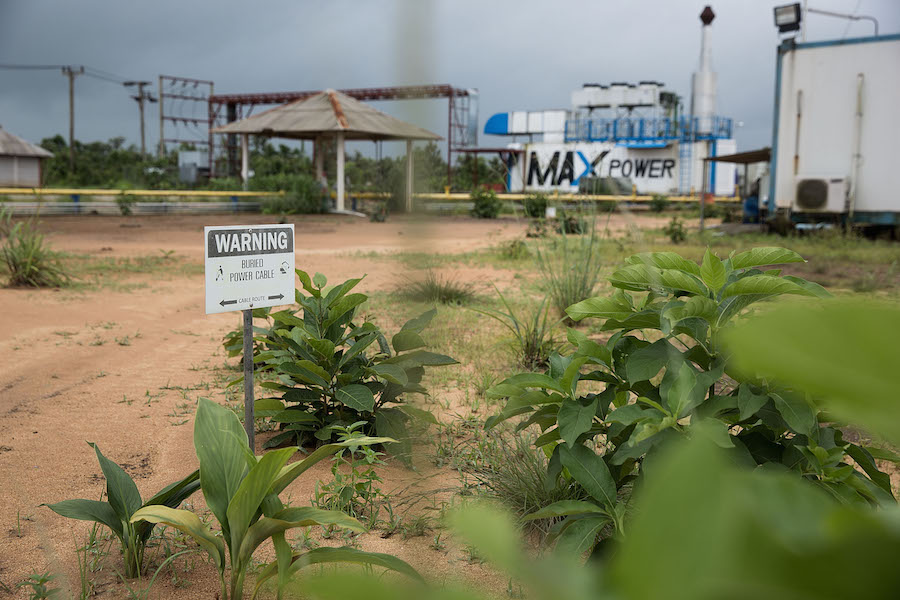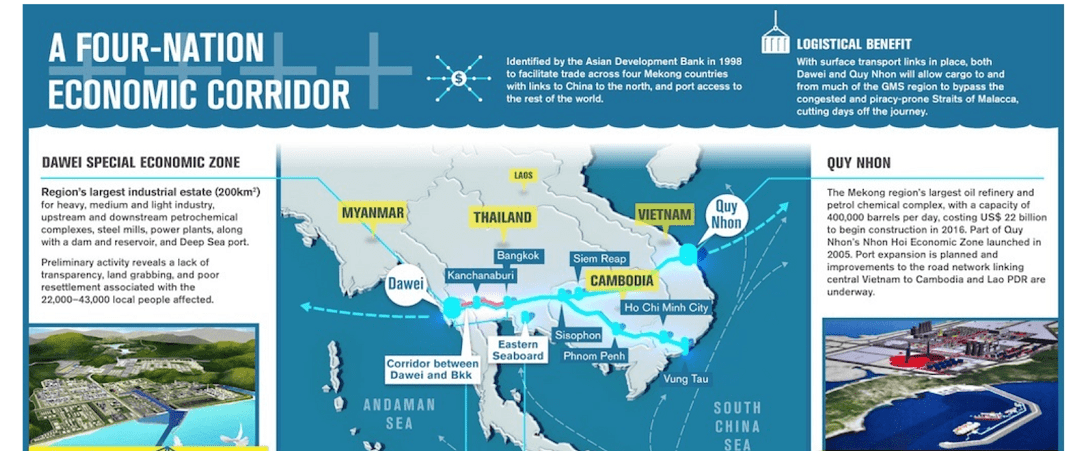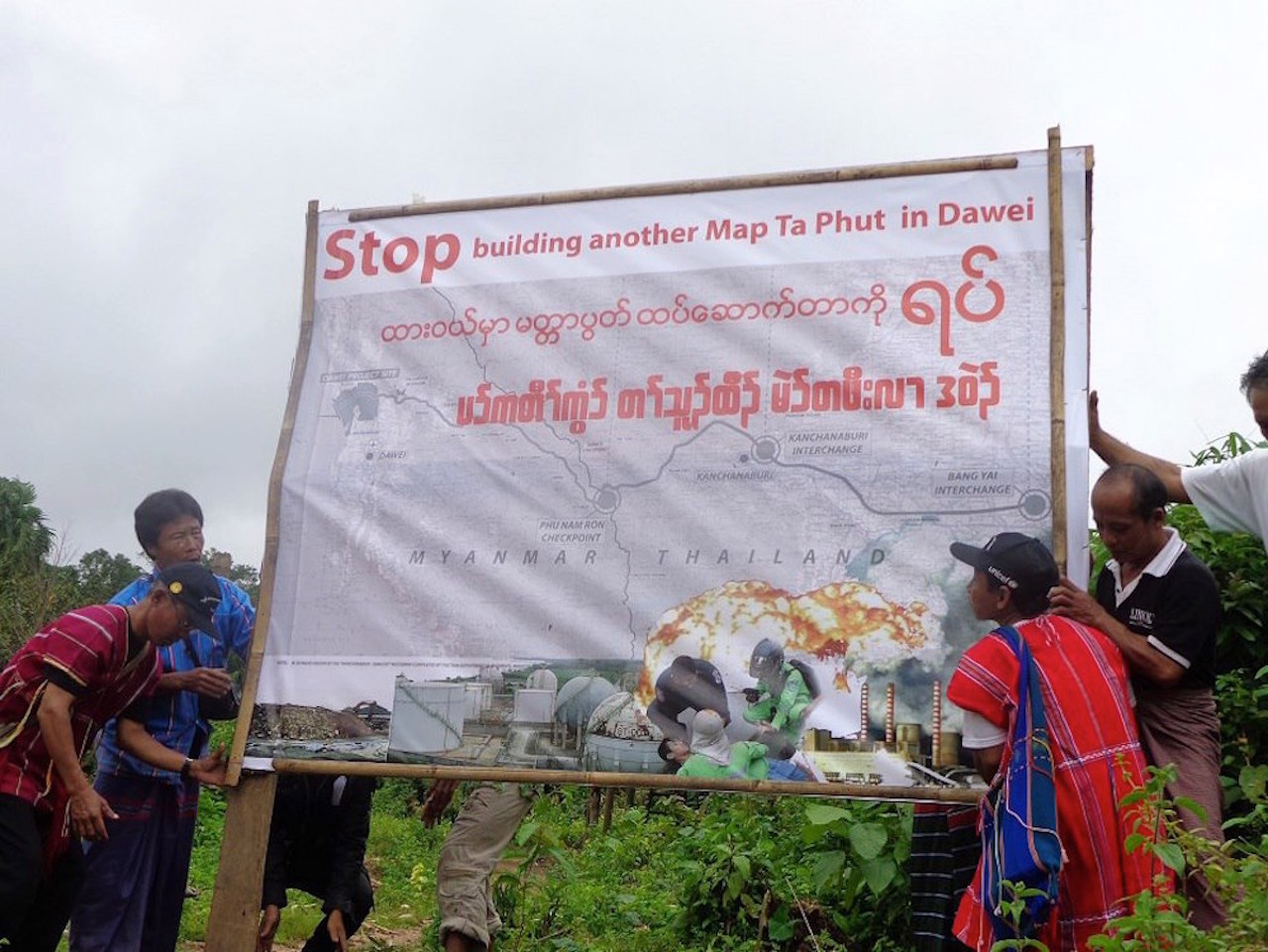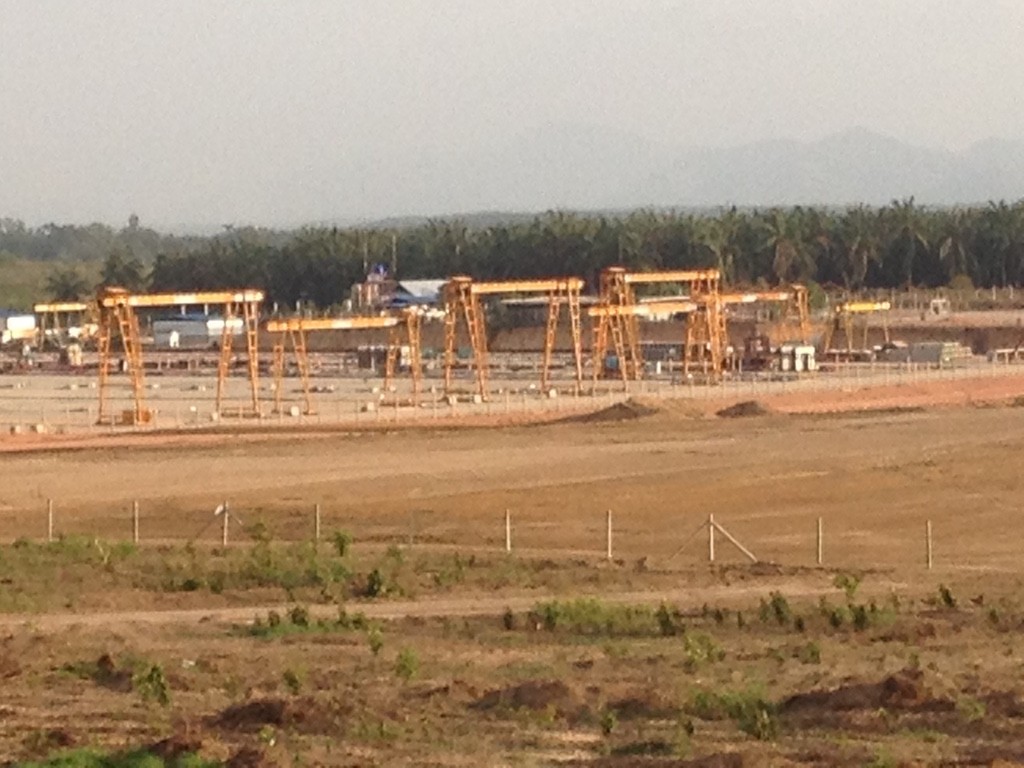Due to competing investment schemes, the distance from the main centers of Thailand’s economy, and an unclear political future, SEZ’s are unlikely to live up to expectations.
Tag: Special economic zones
Into the Zone: SEZs in the Mekong Region, Income…or Instability? (Part 1)
The Mekong region is abuzz with news about special economic zones (SEZs). From Thailand’s prime minister telling US business leaders that the Kingdom’s SEZs are a cornerstone to his economic reforms, to Ho Chi Minh City’s mayor wanting 890 km2 designated as an SEZ to revive his city’s economic leadership, to Myanmar’s newly elected government facing increasing pressure to review the outgoing-junta-approved SEZs now underway there—these foreign-investment magnets are picking up steam as ASEAN integration progresses within the Greater Mekong Subregion.
But what’s so special about these zones? Can they unlock new pathways to region’s economic potential, or as the Bangkok Post warned recently, should policy-makers proceed with caution given the immense complexities to securing SEZs’ desired benefits?
Into the Zone: SEZs in the Mekong Region, Income…or Instability? (Part 2)
While neighboring Thailand’s Special Economic Zones are now progressing without much public consultation or review, Myanmar may be moving in the opposite direction. Its three SEZs which were launched in the waning years of the junta, are now under the direction of the civilian government fully aware of concerns raised by communities and independent researchers, and inclined to take stock of what their predecessors set in motion. At issue are a whole range of social and environmental grievances, as well as the viability of the projects themselves and to what extent they reflect the new leadership’s priorities.
SEZ policy proves a boon for IEAT sales
The Industrial Estate Authority of Thailand (IEAT) says it sold 1,750 rai of developed land in the first half and expects better sales in the second half, crediting the government’s policy to support special economic zones (SEZs).
First-half sales were well above the target of 1,500 rai, said IEAT governor Verapong Chaiperm.
Government Told to Demand Transparency From SEZ Firms
The companies involved in planning and building special economic zones (SEZs) in Dawei and Kyaukphyu are failing to disclose impact assessments and other information relating to the massive projects, according to the International Commission of Jurists (ICJ).
Progress on the Dawei SEZ, in southern Burma’s Tenasserim Division, has been delayed by a lack of funding, but the governments of Burma, Thailand and, more recently, Japan, are all involved in a project that looks to be moving ahead.
Sino–Japanese competition heats up over Myanmar’s SEZs
China and Japan are eager to be involved in massive special economic zone (SEZ) projects in Myanmar, amid rising economic competition in the Greater Mekong Subregion (GMS). Since 2011, Myanmar has rapidly improved its diplomatic relations with the West and Japan in order to broaden its economic relations and mitigate its excessive dependence on China.
Massive Dawei Corridor Set to Span Four Nations
Some 196 square kilometers along Myanmar’s west coast is slated for transformation into a deep sea port and industrial estate unrivaled anywhere else in the region.
Civil society steps up Dawei SEZ campaign
A civil society group has published a comprehensive report on mistakes made by the developers of a highly ambitious project in Dawei in the hope the new government will address their concerns before allowing the project to continue.
The report urges the project’s Thai and Japanese investors to resolve problems affecting local communities before they continue building the special economic zone and deep-sea port in Tanintharyi Region.
Published on March 7 it outlines a range of issues dating back to the zone’s inception in 2008. The recurrent theme is a lack of transparency, dialogue or compensation based on the developers’ lack of respect for local communities and its reluctance to engage.
Emergence of a “Green Generation” in Dawei Special Economic Zone
On a chilly January morning, wearing just a t-shirt and a pair of jeans, 19-year-old Naing Naing Win rode his family’s old Honda 125cc motorbike along a dusty, sandy road. His destination was Mayin Gyi village, about half an hour from his village of Thit Toe Tauk, Tanintharyi Region, Myanmar. As a youth living near a planned massive industrial zone, he knew that the days of riding his old bike along dusty, undeveloped roads might be limited.
Naing Naing Win is a second year student from Dawei University majoring in English. Like other youths in the area, he has both worries and hopes about what the Dawei Special Economic Zone (DSEZ) will bring to his community. But he’s eager to be part of the process. He made that chilly morning motorcycle ride to attend a Community Research Training in Mayin Gyi, which he saw as a potential step toward engaging the company and government to make sure the project benefits local communities.
Chinese firms seek part in Dawei SEZ
ITALIAN-THAI Development (ITD) is forming a consortium with Chinese companies to pour investment into new infrastructure projects in Dawei Special Economic Zone (DSEZ), as land lease in the initial phase kicks off.
According to Somjetn Tinnapong, managing director of Myanmar Industrial Estate (MIE) – an ITD subsidiary responsible for the development of the 27-square kilometre initial phase – the consortium will consist of private and state-owned Chinese companies. Their focus will be on the 132-kilometre, four-lane road, which will require an investment of Bt13.5 billion and three ports that will cost US$400 million (Bt14 billion).



